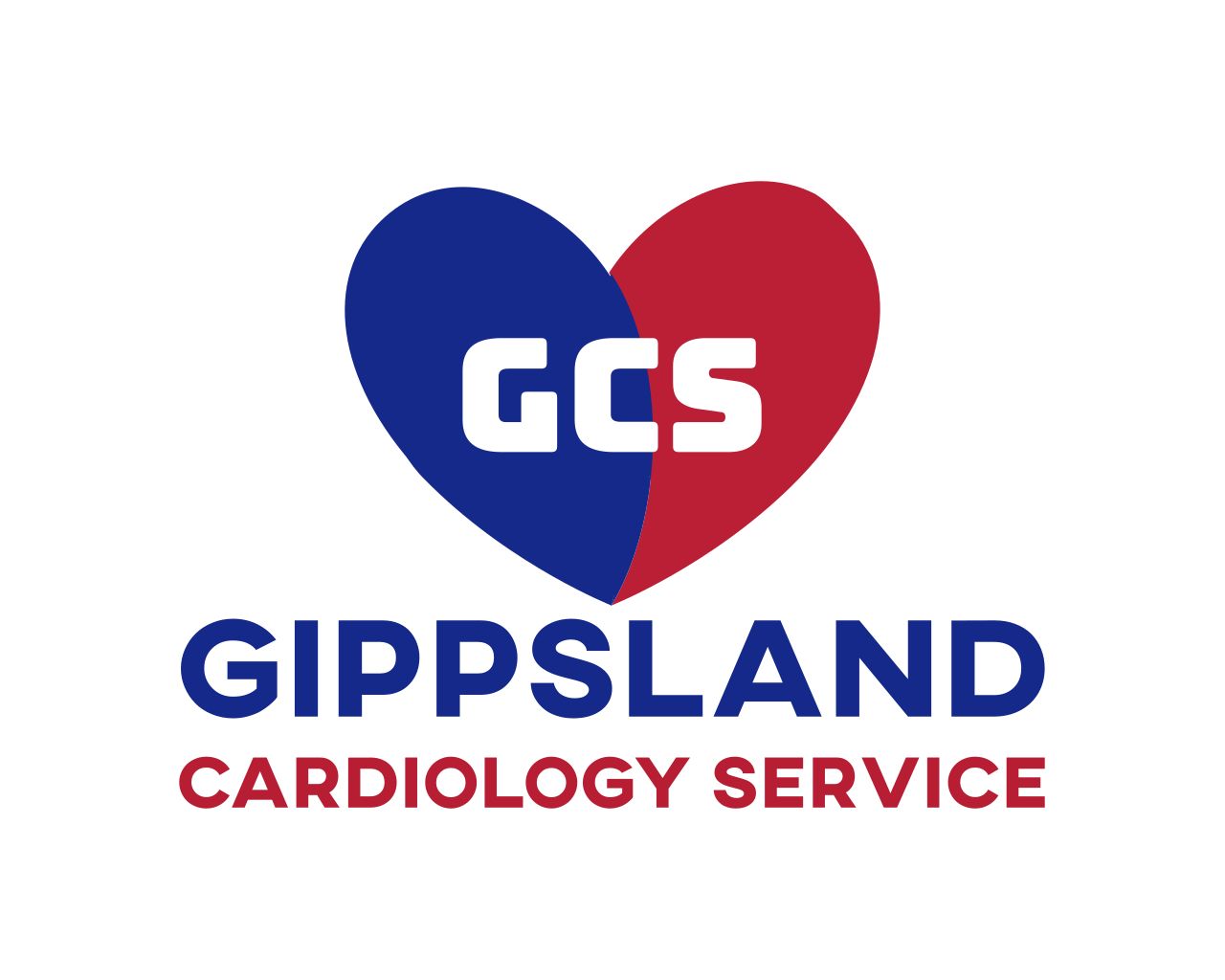
Caring for Gippsland.
At Gippsland cardiology our focus is on improving access to high quality cardiac investigations. That’s why we made all of our tests Bulk-Billed.
Image: Ninety Mile Beach, Gippsland
Diagnostic Tests - Bulk Billed
Electrocardiogram (ECG)
An electrocardiogram is a diagnostic test that detects cardiac (heart) abnormalities by measuring the electrical activity generated by the heart as it contracts. The ECG can help diagnose a range of conditions including heart arrhythmias, heart enlargement, heart inflammation (pericarditis or myocarditis) and coronary heart disease.
The patient removes their jumper, shirt, singlet and/or bra so that electrodes can be attached to your chest and limbs. Electrodes are then attached to the chest, arms and legs and the electrical currents generated are recorded. An ECG is completely painless, non-invasive and takes less than 5 mins to complete.
Holter Monitor
A Holter Monitor is a portable device that records the electrical activity of the heart over a 24-hour period. The Holter Monitor can help diagnose chronic and infrequent arrhythmias (irregularities in your heart rhythm). Symptoms such as Palpitations, Flutters in the chest, syncope and skipped beats can be assessed while you are wearing the monitor.
The patient removes their jumper, shirt and singlet and electrodes are placed on the chest. The monitor is then connected by cable and strapped to your chest. For the next 24 hours you go about your life as usual with the Holter monitor in place. The monitor will then be returned the next day and the recordings will be reported by a Cardiologist. A Holter monitor is completely painless, non-invasive and takes less that 10 minutes to fit.
Exercise Stress Test (EST)
An exercise stress test is a diagnostic test that examines the hearts electrical system under conditions of normal exercise. Because exercise makes your heart pump harder and faster, an exercise stress test can reveal problems with blood flow within your heart. Dr’s may recommend this test to diagnose coronary artery disease, hearth rhythm problems (arrhythmias) and guide treatment of heart disorders.
The exercise test is performed by a doctor and a cardiac technologist, who will monitor your heart rate, blood pressure and electrocardiogram (ECG). An ECG will be attached to your chest and limbs by placing small electrodes on your skin. Testing consists of walking on a treadmill. The speed and slope will be increased every 3 minutes. You will be required to walk for up to 10 minutes. The test is stopped if you develop chest pain, fatigue, breathlessness or other symptoms, or if changes concern the doctor. It is important that you tell the doctor if you are feeling unwell in any way or if you want to stop. This test takes up to 30 minutes to complete.
While every effort is made to minimise the risks of the procedure, there is a small but definite risk of complication that you should be aware of. Emergency equipment and trained personnel are available to deal with any situation. Potential complications include the very rare possibility of a major disturbance of heart rhythm requiring resuscitation, prolonged angina (heart pain), or heart attack.
Echocardiogram (Echo)
An echocardiogram is a non-invasive ultrasound that gives information about your heart’s size, valves, function, blood flow dynamics and can answer questions regarding your symptoms.
During the Echo you will be asked to lie on your left-hand side and a transducer (probe) will be placed directly on the skin on your chest. You will be asked to remove jumper, shirt, singlet and/or bra and put on a gown for privacy. A water-based gel is applied to your skin on your chest allowing conduction of the soundwaves from the probe for better image quality. You will feel no sensation as a result of the ultrasound, but at times firm pressure with the ultrasound probe may be required. The echocardiographer will make numerous measurements throughout the test and a Cardiologist will confirm this report. This test takes up to 40 minutes to complete.
Stress Echocardiogram (Stress Echo)
A Stress Echo is a combination of an Exercise Stress Test with an echocardiogram. It examines the hearts electrical system and pump function under conditions of rest and normal exercise. By comparing the heart function, the Cardiologist is able to determine whether there is enough blood supply getting to your heart muscle or if there is a narrowing of the heart arteries.
The test is performed by a doctor and an echocardiographer, who will monitor your heart rate, blood pressure and electrocardiogram (ECG). An ECG will be attached to your chest and limbs by placing small electrodes on your skin. Prior to walking on the treadmill, a modified Echo will occur where you will be asked to lie on your left-hand side and a transducer (probe) will be placed directly on the skin on your chest. Once resting images have been taken, you will be asked to walk on a treadmill. The speed and slope will be increased every 3 minutes. You will be required to walk for up to 10 minutes. The test is stopped if you develop chest pain, fatigue, breathlessness or other symptoms, or if changes concern the doctor. Once the treadmill has stopped, you will return to the bed and a final set of ultrasound pictures will be taken. The Cardiologist will review all sets of images and stress test data to provide you with a result on the day. This test takes up to 40 minutes to complete.
While every effort is made to minimise the risks of the procedure, there is a small but definite risk of complication that you should be aware of. Emergency equipment and trained personnel are available to deal with any situation. Potential complications include the very rare possibility of a major disturbance of heart rhythm requiring resuscitation, prolonged angina (heart pain), or heart attack.
